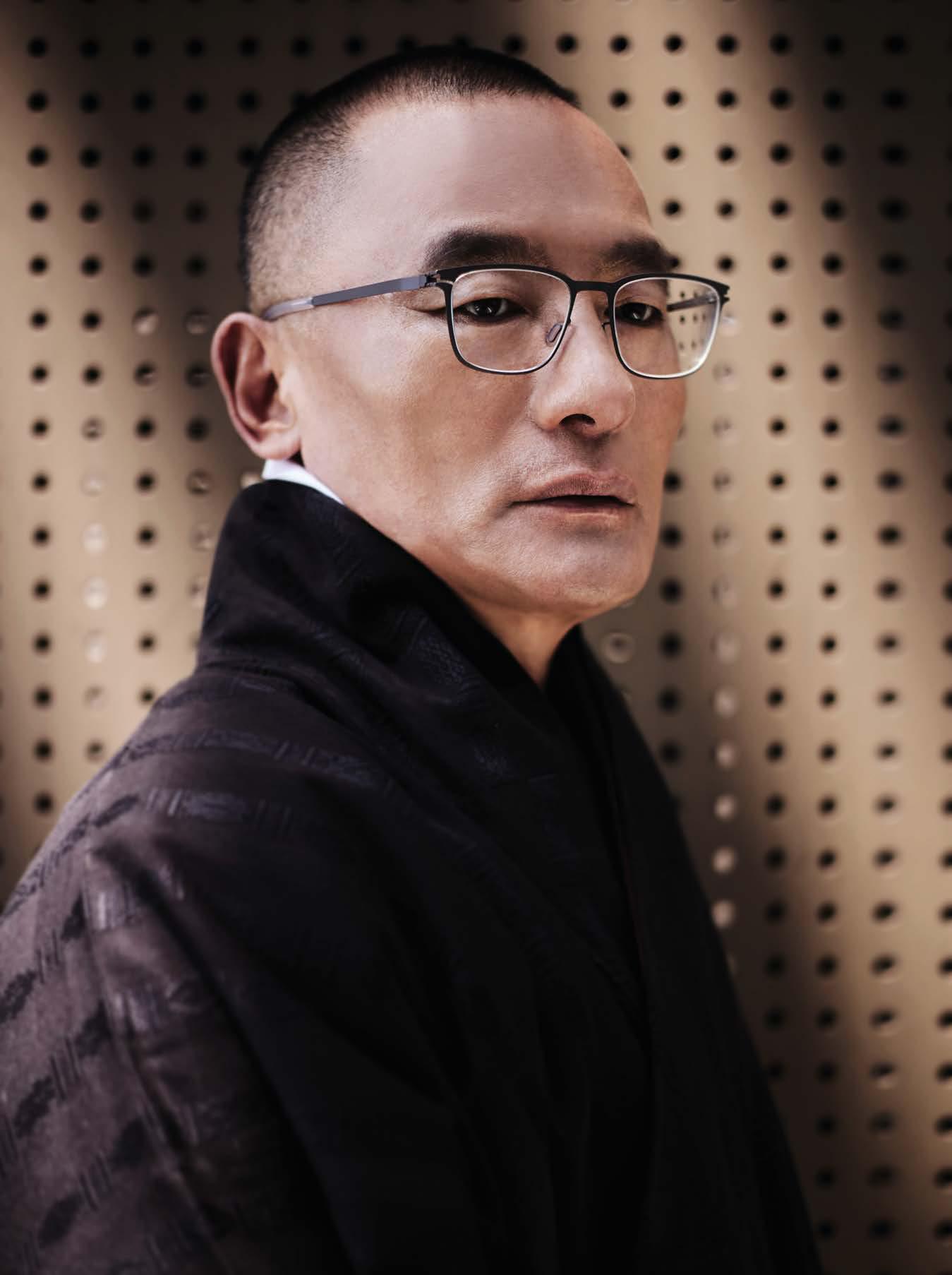
Bhutan may be a small country in the Himalayas, landlocked between India and China, but it is a mighty force when it comes to sustainable development and carbon neutrality. At the 2015 United Nations Climate Change Conference (COP21) in Paris, the country reiterated the commitment (it first made at COP15 Copenhagen in 2009) to remain carbon neutral—and it is in fact one of only three countries in the world today that is carbon negative.
Tshering Tobgay, the former prime minister of Bhutan, says the country is where it is now, thanks to its enlightened monarchs who have worked tirelessly for its progress. “Bhutan may be one of the poorer countries in the world but our kings refused to mine the earth or cut down our forests for immediate economic growth. This was even before climate change was declared to be an existential threat, and before environmental sustainability became ‘fashionable’,” he tells Tatler when we meet in March.
“Our kings are visionaries and ahead of their time, exercising enlightened leadership—and it is their legacy that Bhutan enjoys,” says Tobgay. Today, more than 70 per cent of the country is under forest cover, and 52 per cent are protected areas including national parks, wildlife sanctuaries and a nature reserve. And hydropower is the cornerstone of the Bhutanese economy.
This story is from the {{IssueName}} edition of {{MagazineName}}.
Start your 7-day Magzter GOLD free trial to access thousands of curated premium stories, and 9,000+ magazines and newspapers.
Already a subscriber ? Sign In
This story is from the {{IssueName}} edition of {{MagazineName}}.
Start your 7-day Magzter GOLD free trial to access thousands of curated premium stories, and 9,000+ magazines and newspapers.
Already a subscriber? Sign In

A Family Jewel
Fanty Soenardy unveils the crowning jewel of her vault-a Chaumet tiara that she dreams of passing down to her daughter on her wedding day

GROWTH MINDSET
Three women entrepreneurs share their smart habits to managing money and growing wealth—and doing so meaningfully with purpose

A Classic Redefined
Through the organic beauty of wood veneers, Steinway & Sons' limited edition Masterpiece 8X8 explores an alternative to the established aesthetic of pianos

Oak Artistry
Born of a collaboration with contemporary circus producer Cirque du Soleil, Vibrant Oak, the fourth release in The Macallan's Harmony Collection, pays homage to the Scottish whisky house's rich history with oak and the sherry-seasoned oak casks central to its heritage

Full Potential
Philippine tourism is buzzing with activity, and Christina Garcia Frasco is at the forefront of it all

Live & Learn
When Anthonia Hui and Leonardo Drago still lived in Hong Kong nearly three decades ago, they came across a beggar on the streets. “Just as I was about to pull out my wallet, Leo held my hand and said, ‘How do you know he’s not scamming you?’”

Hip to Be Square
Patek Philippe launches Cubitus, its first new collection in 25 years, in Munich, Germany, debuting three sporty and elegant watches By Annabel Tan

Marine Wonders
Rolex's Perpetual Planet Initiative and Mission Blue join forces to support the conservation of Indonesia's island paradise of Nusa Penida and its magnificent biodiversity

Deep Purpose
Rolex champions environmental conservation through its Perpetual Planet Initiative, which supports ocean-focused organisations such as Sylvia Earle's Mission Blue and Titouan Bernicot's Coral Gardeners

Grand Designs
When it comes to grand touring, few carmakers can boast the storied history of Maserati, which has been producing vehicles that embody grand touring's golden era, which originated in the mid-20th-century, for more than 75 years.